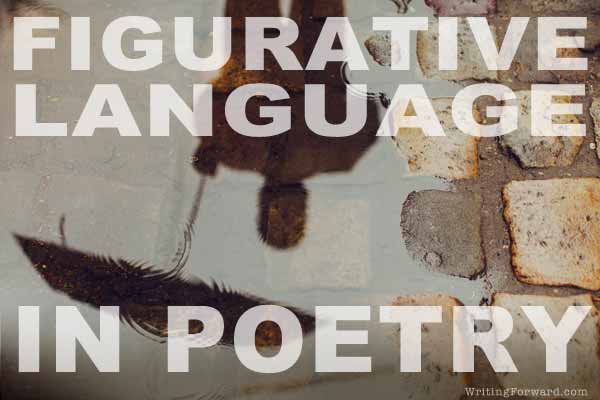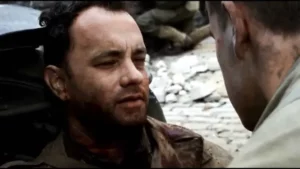“Unlocking the Secrets: How Figurative Language Transforms Ordinary Words into Poetic Masterpieces!”
Figurative language says one thing but means another. However, figurative language does not intend to deceive. There is an expectation that figurative language will be understood and correctly interpreted by the listener or reader. We get the term “figure of speech” from figurative language.
In poetry, we frequently use figurative language, because it can be more meaningful, vivid, and expressive.
Let’s take a closer look at figurative language and how we can best use it in poetry writing.
Figurative Language
Most clichés are figures of speech: He’s as old as the hills. She’s a diamond in the rough. I was scared to death. You have nerves of steel. All of these statements are clichés, and they’re composed with figurative language. He’s not really as old as the hills. She’s not really a diamond. I’m still here, so I couldn’t have been scared to death. And your nerves might be strong, but they’re not actually made of steel. None of these statements are meant to be taken literally.














Post Comment